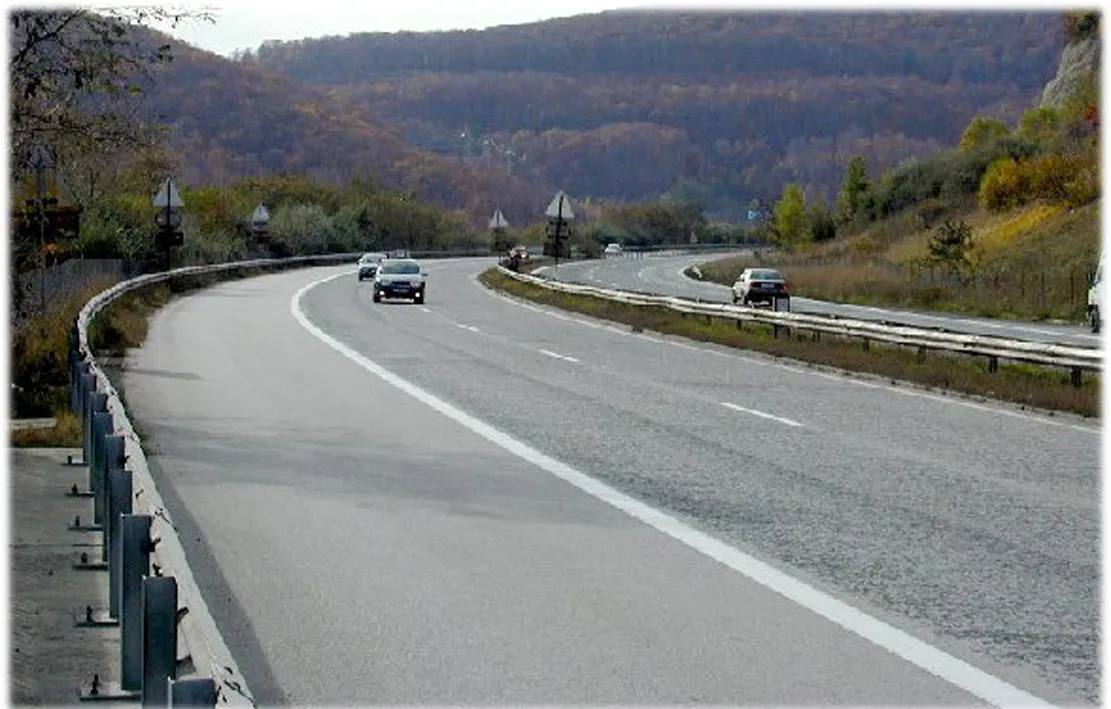Q-Free yesterday announced that it has been informed that the company will be awarded a contract for delivery of the congestion charging infrastructure in Gothenburg.
March 2, 2012
Read time: 1 min
“This is a strategic award since this represents yet another important reference within congestion charging, and not at least since there will be a lot of market opportunities in Sweden going forward,” said Oyvind Isaksen, CEO of Q-Free.
Q-Free designed, installed and commissioned the complete road side system, on board units (OBU) and operational services to the Stockholm congestion charging system which went live on 3 January, 2006. As part of that project, Q-Free deployed 80 multi-lane free flow lanes at 23 physical locations and supplied 750,000 OBUs, as well as providing project professional and operations services.








